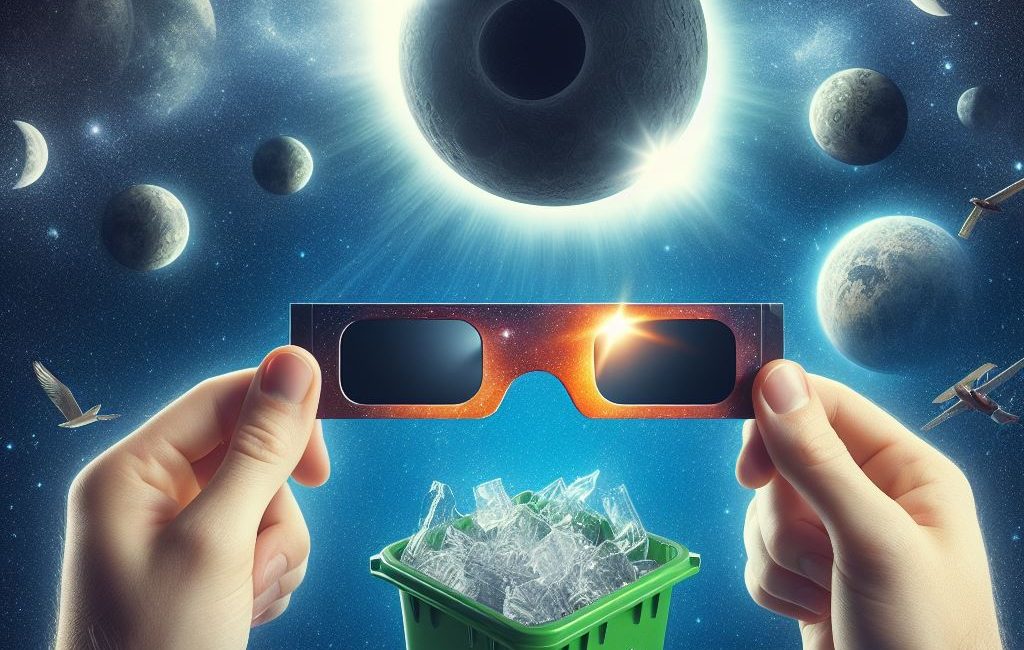As the anticipation builds for a unique astronomical event – the total solar eclipse on April 8, 2024, Canada is preparing for widespread observation. This eclipse promises to be one of the most spectacular in recent decades, with the totality phase visible in many regions of the country.
Major observation points are being organized in large cities such as Toronto, Montreal, and Vancouver, where local authorities and astronomical societies will conduct educational events. In Montreal, for example, special sessions are planned at planetariums and science centers, as well as in parks and open spaces.
Special glasses that block harmful ultraviolet and infrared radiation are necessary for safe eclipse viewing. These glasses are made from a special material that allows safe viewing of the Sun. It’s important to use only certified glasses that meet international safety standards.
In preparation for the eclipse, many public places, including libraries and schools, will distribute free glasses. Additionally, many stores and opticians are expected to offer eclipse glasses at reduced prices or even for free.
The safety rules for eclipse viewing are simple but vitally important:
- Never look at the Sun without special eclipse glasses.
- Do not use sunglasses, photographic film, or other unsuitable materials as a substitute.
- Check the glasses for damage before use.
- Supervise children during the eclipse to ensure they use protective glasses correctly.
This solar eclipse will provide a unique opportunity for all to witness one of nature’s most majestic phenomena and will highlight the importance of astronomical education and scientific exploration.
It’s important to remember that after the solar eclipse, the special glasses can be recycled. The lenses of the glasses are made of special solar filter material, and while they cannot be recycled due to their metallic coating, the paper or cardboard frames can be recycled normally. For the lenses, consider checking with local recycling programs or astronomy clubs to see if they have specific recycling initiatives for eclipse glasses. This way, we can ensure that these materials are disposed of responsibly and sustainably.

